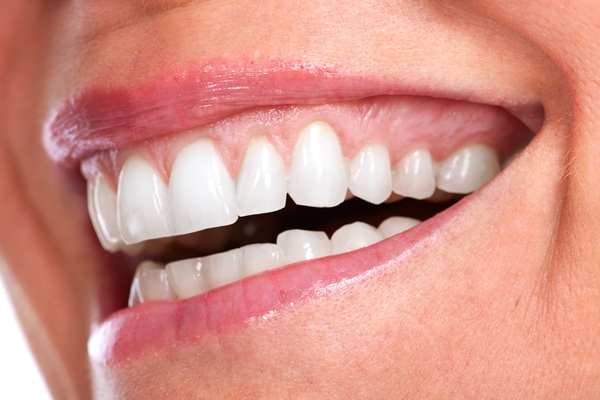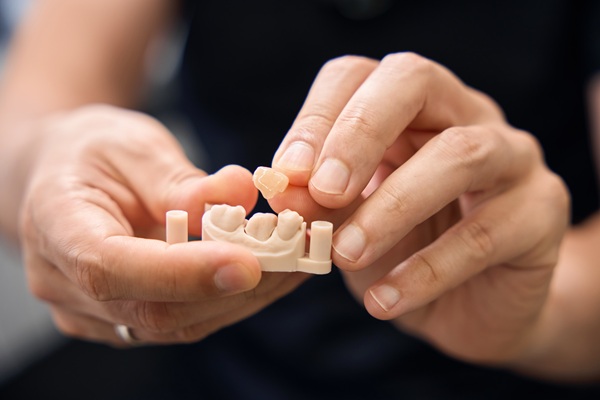How Gum Disease Treatment Stops Symptoms in Their Tracks and Protects Your Oral Health

Gum disease treatment is essential for stopping painful symptoms and preventing serious oral health problems. Gum disease can lead to swollen gums, bleeding, bad breath, and even tooth loss. The good news is that early treatment may reverse the condition and restore gum health. Understanding the treatment options that can help protect your smile.
Understanding gum disease
Gum disease, or periodontal disease, is caused by bacteria that build up along the gumline. The longer plaque and tartar remain on the teeth, the more likely inflammation will occur, leading to red, swollen, and bleeding gums. In its early stage, called gingivitis, gum disease is reversible with proper care. If left untreated, it can progress to periodontitis, which damages the bone and tissues that support the teeth.
Many people do not notice the symptoms of gum disease right away. Early signs include gum tenderness, bleeding when brushing or flossing, and persistent bad breath. Seeking gum disease treatment at the first signs of trouble can stop the condition from worsening.
Professional gum disease treatment options
Dentists use different gum disease treatments depending on the severity of the condition. A professional cleaning may be enough to remove plaque and tartar for mild cases. When gum disease is more advanced, other treatments may be necessary.
- Scaling and root planing. This deep cleaning removes plaque and bacteria from below the gumline and smooths the tooth roots to help gums reattach.
- Antibacterial therapy. Dentists sometimes use antibiotics or medicated rinses to reduce bacteria and promote healing.
- Gum surgery. Severe gum disease may require surgical treatments, such as flap surgery or gum grafts, to restore damaged tissues.
No matter the level of treatment needed, early intervention can prevent further damage and keep gums healthy.
At-Home Care for Gum Health
Proper at-home care is a key part of gum disease treatment. Brushing twice daily, flossing once a day, and using an antibacterial mouthwash help keep bacteria under control. Patients should also avoid smoking, as it can make gum disease worse and slow down healing.
Regular dental checkups and cleanings are also important. Dentists recommend most people have a checkup every six months. Dentists can remove plaque and tartar that brushing alone cannot reach. They can also check for early signs of gum disease and recommend treatment before the condition worsens.
Protecting Oral and Overall Health
Gum disease does not just affect the mouth. Research has linked it to other health problems, including heart disease, diabetes, and respiratory infections. Bacteria from the gums can enter the bloodstream and contribute to inflammation.
By seeking gum disease treatment, patients are protecting their smiles and improving their overall health. Healthy gums provide a strong foundation for the teeth and support long-term oral well-being.
A Healthy Smile Starts with Healthy Gums
Gum disease treatment stops painful symptoms and prevents lasting damage to the gums and teeth. With professional care and good oral hygiene, patients can keep their gums strong and disease-free. Talk to a dentist today about how often you should see a dentist for a checkup and keep gum disease at bay.
Request an appointment here: http://villagecenterdentistry.com or call Village Center Dentistry at (281) 644-0134 for an appointment in our Katy office.
Check out what others are saying about our dental services on Yelp: Gum Disease in Katy, TX.
Related Posts
Dental veneers create a brighter, more uniform smile and often help correct cosmetic concerns that make teeth look uneven or worn. Many patients want improvements that look natural while still enhancing confidence in everyday settings. Veneers offer a versatile option for refining color, shape, and symmetry in some cases without extensive orthodontic treatment. A dentist…
An implant crown is made of strong and safe materials to give the patient a reliable long-term replacement option for missing teeth. If you have questions about the materials used to make an implant crown, this review can help you understand what exactly each component is made of and why dentists use these particular materials.There…
Denture repair is a common need for patients who wear partial or full dentures. While these oral appliances are strong, they are prone to breaking because of their delicacy. When a break occurs, it can be hard to know whether a denture repair can take place or if a complete replacement is necessary. Thankfully, patients…
A dental crown is a long-lasting dental restoration that helps restore the strength, appearance, and function of a severely damaged tooth. While these restorations are strong, proper dental crown care ensures their durability and prevents potential complications. The following guidelines can help you preserve your newly restored tooth and maintain your long-term oral health.A dental…


